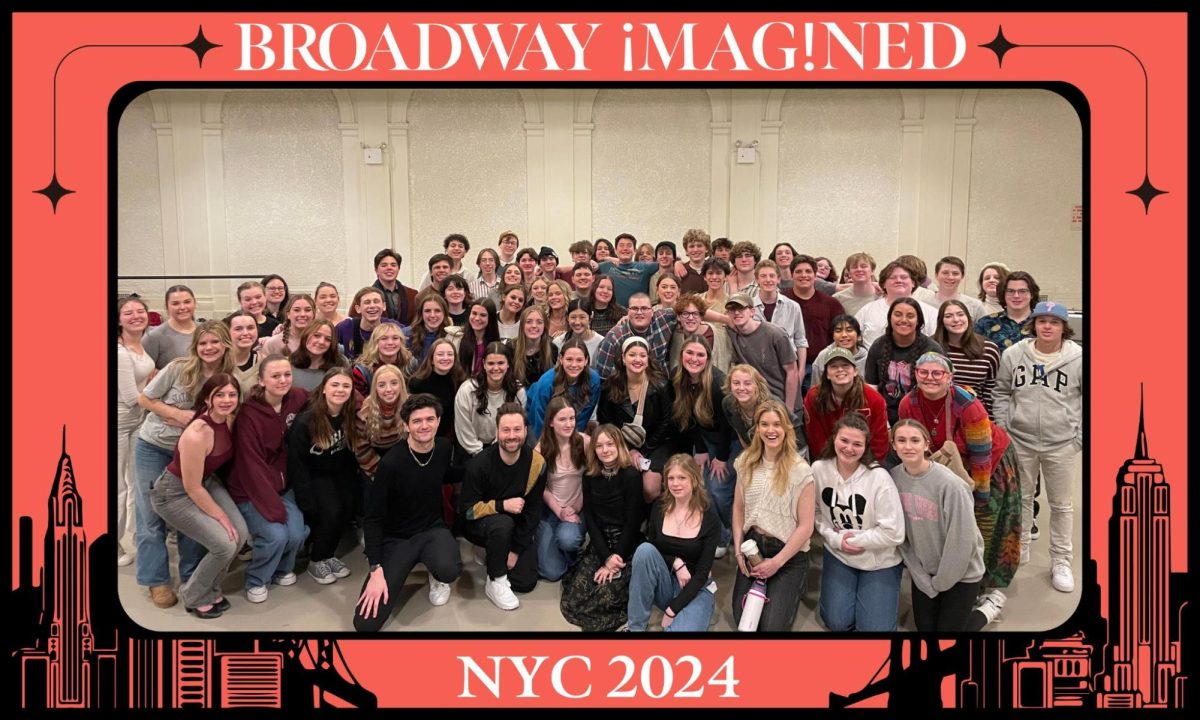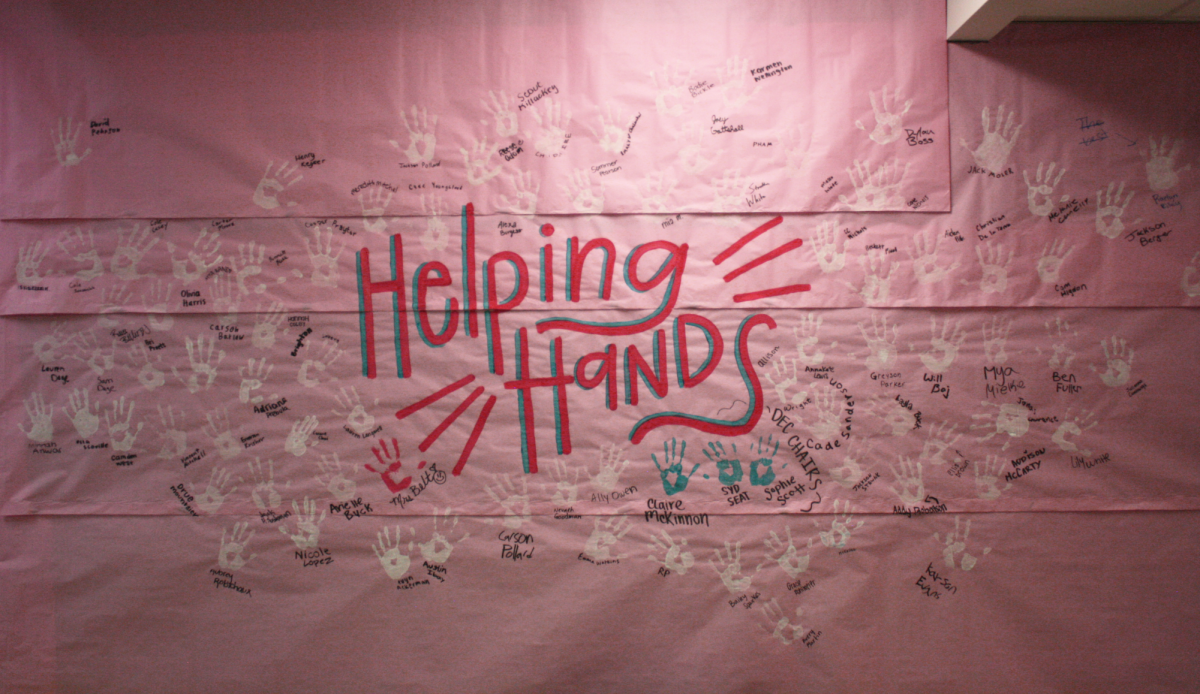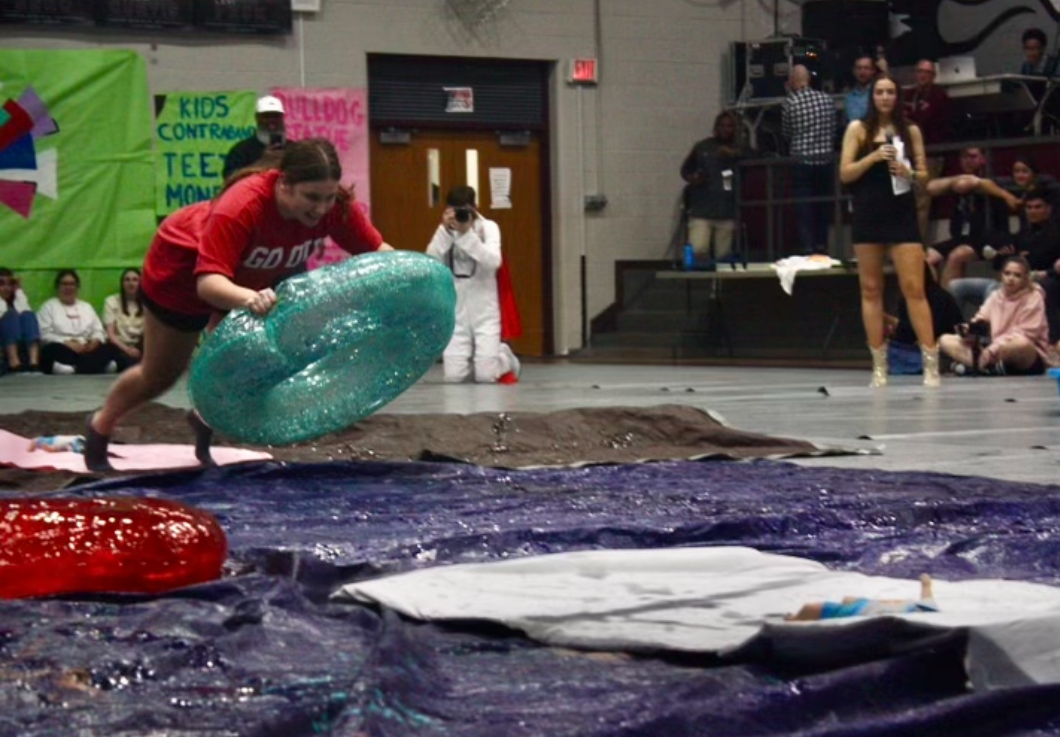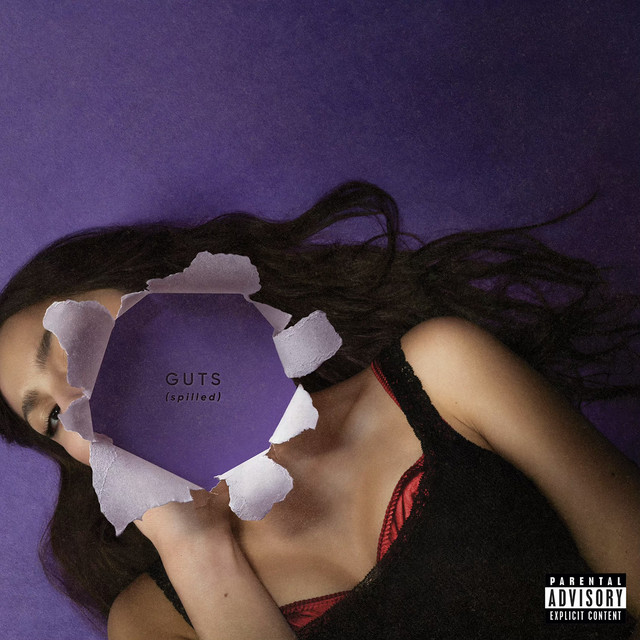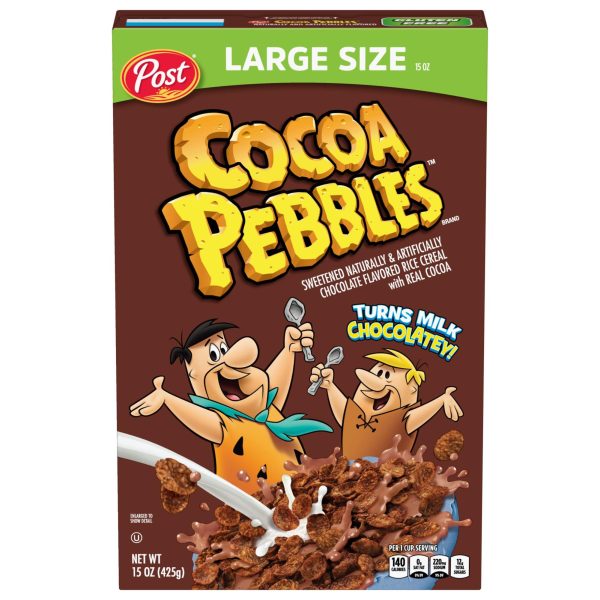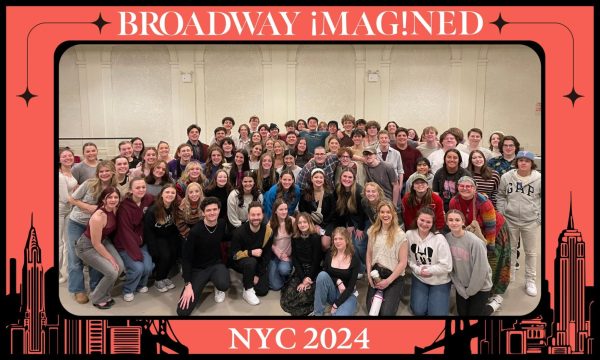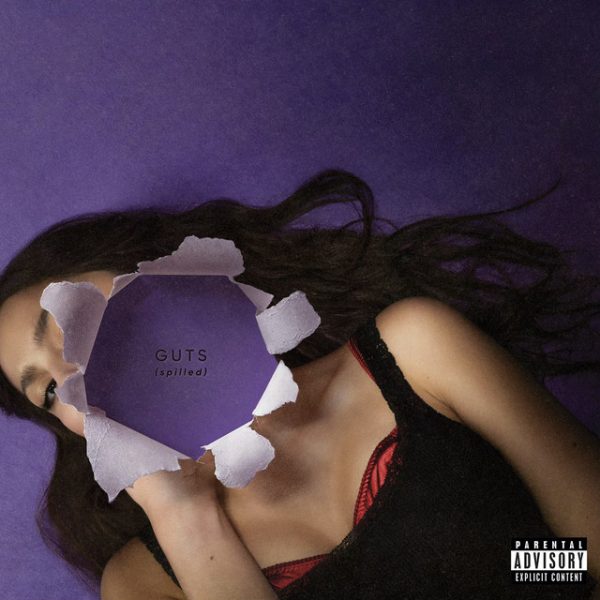Roe v. Wade deserves to stay

Cities in many states across the country hold protests against the leaked draft.
May 12, 2022
On May 2, a draft opinion of the United States Supreme Court was leaked, suggesting that the 1973 court case, Roe v. Wade, could be overturned in the upcoming months.
In the case Roe v. Wade, the Court decided that the United States Constitution protects a woman’s right to privacy to choose to have an abortion without “excessive government restrictions” under the Fourteenth Amendment. Later, in 1992, Planned Parenthood v. Casey overturned the trimester framework of Roe, allowing states to implement restrictions during the first trimester.
Chief Justice John Roberts confirmed the leak of the court’s decision to overturn Roe v. Wade in an upcoming case, Dobbs v. Jackson Women’s Health Organization. The draft was written by Justice Samuel Alito.
According to the Associated Press, if Roe v. Wade were overturned, approximately 26 states are “certain or likely” to implement some sort of abortion ban for their citizens.
Roe v. Wade has prevented unnecessary deaths and unwanted pregnancies for nearly 50 years nationwide. Without women’s reproductive health organizations, teenage pregnancies and STD numbers will skyrocket.
Without Roe v. Wade, states may target people’s ability to buy contraceptives like birth control and Plan B. Mississippi Governor Tate Reeves refused to rule out the possibility of a contraceptive ban. A world without access to contraceptives would have an overflowing foster care system and hundreds of traumatized biological mothers.
The United States already has an overpopulation problem. If women don’t have the option of abortion, adoption will become the next “best” option for those with unwanted pregnancies. However, the foster system in the United States is corrupt and overcrowded, and this issue would only be intensified with an abortion ban.
If Roe v. Wade is reversed, impoverished women and women of color will face the brunt of pregnancy and the pain it brings without having access to reproductive care.
Along with the obvious moral issue of taking away women’s rights, banning abortions would create severe economic implications. According to Business Insider, women who are denied reproductive rights are more likely to “experience poverty, exit the workforce, and raise children in poverty.”
Women of color already face barriers in health care because of disproportionate national income. They
also face bias in health care, making it even harder to access current abortion care.
Even if Roe v. Wade is overturned and many states take away a woman’s choice, abortions will still happen. The only thing that banning abortions will do is stop safe abortions. And as a result, many women will likely die from “back-alley” abortions – abortions that take place without proper medical care or done by people without proper medical skills.
Having access to abortions and contraception isn’t murder. It’s creating a world in which each pregnancy is a wanted pregnancy. Each child is born into a home already loved and cared for instead of being placed into a corrupt foster care system, into a home that is unable to properly care for the child, or into a home filled with resentment because the child was born of rape or incest.
Contact Olivia Lane at [email protected]







